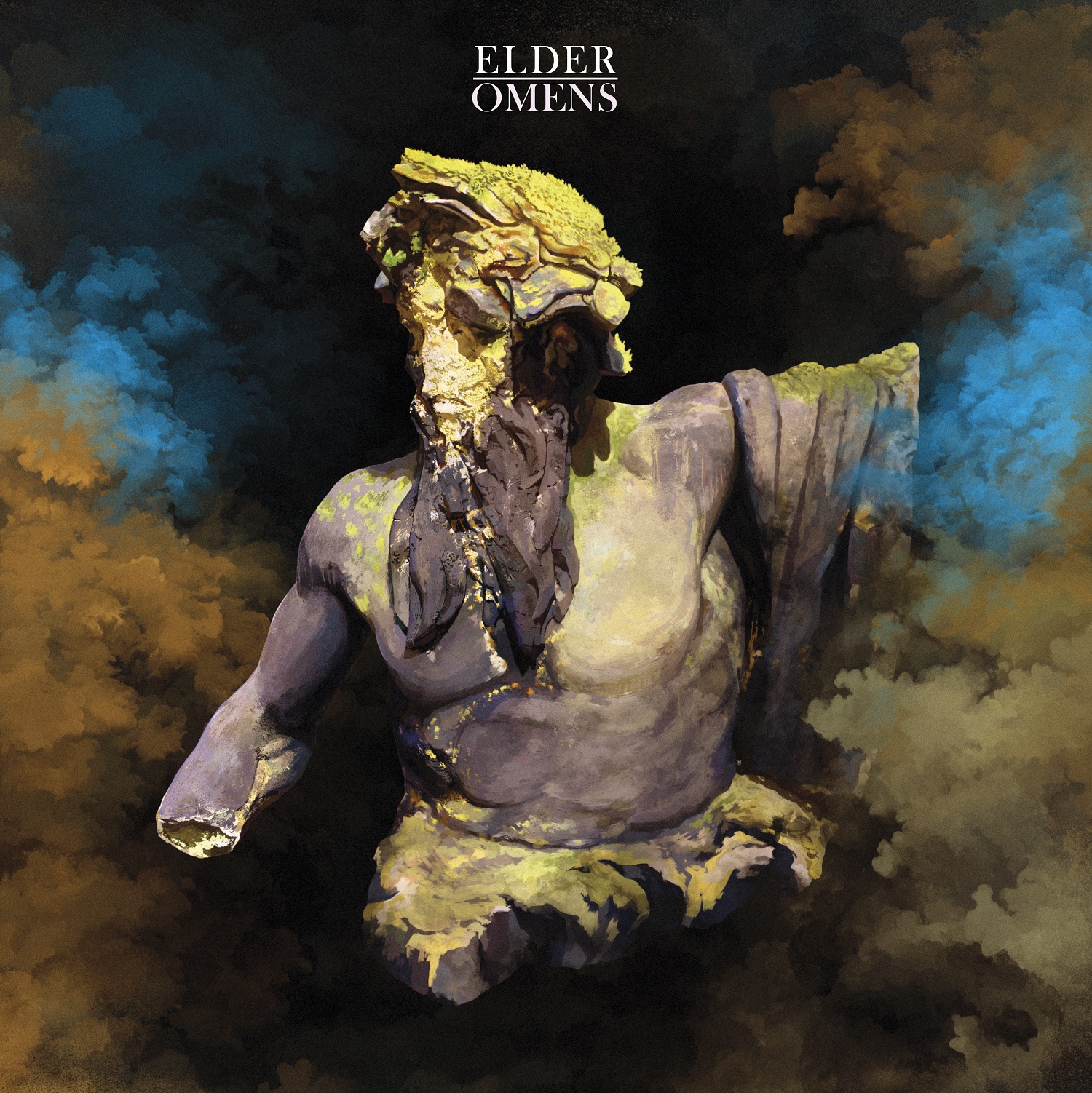Omens

Omens

| Deities & Demigods | - | - | - | AD&&D |
Omens are signs or indications from deities that display the pleasure or displeasure of the gods or serve to foretell the future.
Following this paragraph will be a list
of omens and signs,
along with their purported meanings.
Some of these predicted happenings are
quite specific,
others are rather vague ("good luck");
whether specific or general,
the DM is reminded that any or all powers
or results are entirely optional.
The same care must be taken with these
omens and luck symbols as with alleged mystical
properties of gems
(see DMG,
p. 27: "NOTE REGARDING THE MAGICAL PROPERTIES OF GEMS, HERBS, et al.").
Under no circumstances should a player
be allowed to badger a DM into,
for example,
giving the player a bonus on saving throws
simply because he is carrying a pouch of four-leaf clovers!
In the AD&D
universe,
such an occurrence migh foretell seven
years of ill fortune to follow . . .
| finding a four-leaf clover | portends good luck |
| seeing the crescent moon | portends good luck |
| finding a toadstool | portends good luck |
| dice | symbol of good luck |
| crossed fingers | symbol of good luck |
| shoe | symbol of good luck |
| fish | symbol of good luck |
| dog | symbol of good luck |
| wheel | symbol of good luck |
| the three apes that see, hear, and speak no evil | symbol of good luck |
| the finding of mistletoe in the wild | good luck* |
| wearing of leather from top to bottom | said to repel demons and devils |
| <shit> | both good and bad |
| breaking a mirror | bad omen |
| spilling salt | bad omen |
| appearance of meteor | portends great changes or happenings, usually not good |
| appearance of comet | portends great changes or happenings, usually not good |
| eclipse | portends great changes or happenings, usually not good |
| meeting an old woman as one sets out on a journey | ill fortune |
| a bat flying in the window | ill fortune |
| tripping as one enters a doorway | ill fortune |
| bird perches on a holy symbol | horrible things are going to happen to that sect in the near future |
| if someone enters a room unasked and finds knives crossed in the room | considered a sure sign that the person will be cut the very next time they are attacked |
| 13 of anything in one group | the height of bad luck (this should be avoided at all costs) |
| taking objects from a group of 13 | said to invite a horrible death |
| (especially) removing the whole group of 13 from | said to invite a horrible death |
| the coming of a will-o'-the-wisp | interpreted to mean that some building is going to burn down to the ground within 7 days |
| the wail of a banshee | certainly means that someone is going to die that very night |
| rainbow | definite statement from a deity |
* if boiled and combined with spring water is supposed to be a universal cure for poisons
Shit: both
good && bad <alt>
+ objects or persons that are covered
in dung reputedly cannot be touched or hurt by the undead.
- if even a small bit of dung is cast
upon an altar consecrated to good, the altar is defiled and only evil can
be contacted there.
(the forces of good
must go to great lengths to resanctify such a tainted object.)
Rainbow: definite
statement from a deity
Its appearance means either that the deity
wants to converse with a mortal,
or that the deity wants the mortal to
undertake a quest.
In Norse legend,
men and women of power could travel to
Asgard merely by touching a rainbow (part of the bridge Bifrost) and wishing
to be there.